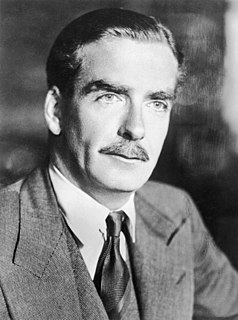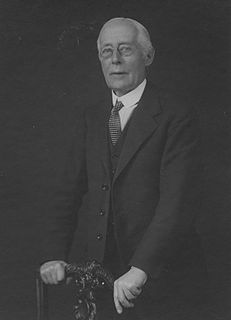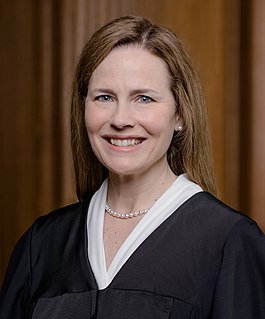A Quote by Alexander Hamilton
Its objects are CONTRACTS with foreign nations which have the force of law, but derive it from the obligations of good faith.
Related Quotes
The free world has need that its foreign policies should fairly measure the realities of the world in which we live. There are certain principles to which we hold: the sanctity of treaties, good faith between nations, the interdependence of peoples from which no country, however powerful, can altogether escape.
It requires but a very small glance of thought to perceive, that although laws made in one generation often continue in force through succeeding generations, yet that they continue to derive their force from the consent of the living. A law not repealed continues in force, not because it cannot be repealed, but because it is not repealed; and the non repealing passes for consent.
Working together, we can build a world in which the rule of law - not the rule of force - governs relations between states. A world in which leaders respect the rights of their people, and nations seek peace, not destruction or domination. And neither we nor anyone else should live in fear ever again.
The experience of treaties being broken with impunity provide an afflicting lesson to mankind how little dependence is to be placed on treaties which have no other sanction than the obligations of good faith; and which oppose general considerations of peace and justice to the impulse of any immediate interest and passion.
If the maintenance of public credit, then, be truly important, the next enquiry which suggests itself is, by what means it is to be effected? The ready answer to which question is, by good faith, by a punctual performance of contracts. States, like individuals, who observe their engagements, are respected and trusted: while the reverse is the fate of those who pursue an opposite conduct.
Faith is indispensable, and the world at times does not seem to have quite enough of it. It can and has accomplished what seems to be the impossible. Wars have been started and men and nations lost for the lack of it. Faith starts from the individual and builds men and nations. America was built by and on the faith of our ancestors.
































